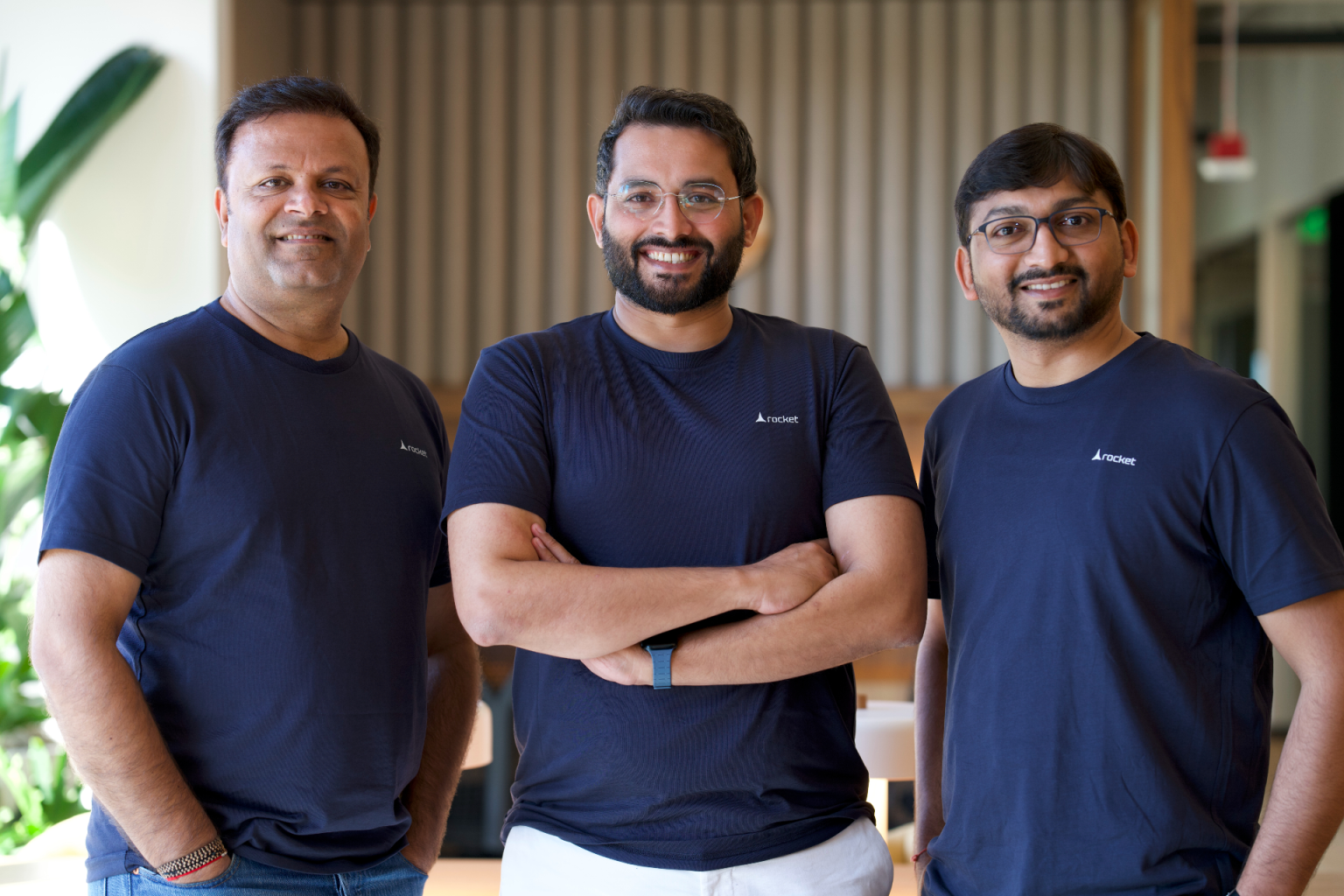August 6, 2025 – Techxnow Editorial
OpenAI has officially launched two new open-weight AI reasoning models—gpt-oss-120b and gpt-oss-20b—marking its return to open releases for the first time since GPT-2 in 2019. Available now on Hugging Face under the permissive Apache 2.0 license, these models aim to provide the developer community with powerful tools that rival leading open-source offerings from China and beyond.
A Shift in Strategy
Historically, OpenAI has prioritized closed-source development, building a robust API business around proprietary models. But growing competition from Chinese labs like DeepSeek, Alibaba’s Qwen, and Moonshot AI—combined with political pressure—has prompted a pivot.
In a statement, CEO Sam Altman acknowledged the change in direction:
“To that end, we are excited for the world to be building on an open AI stack created in the United States, based on democratic values, available for free to all and for wide benefit.”
Model Details: Performance and Footprint
- GPT-OSS-120B: The more powerful of the two, this model contains 117 billion parameters and can run on a single NVIDIA GPU using mixture-of-experts (MoE) architecture, activating only 5.1 billion parameters per token.
- GPT-OSS-20B: A lightweight variant optimized for consumer-grade laptops with 16GB RAM.
Both models were designed with efficiency and reasoning in mind and were trained using high-compute reinforcement learning (RL) techniques, similar to OpenAI’s proprietary o-series.
Benchmark Results: State-of-the-Art for Open Models
OpenAI benchmarked the new models on a range of AI reasoning tasks:
- Codeforces (with tools):
- GPT-OSS-120B: 2622
- GPT-OSS-20B: 2516
- (Outperforms DeepSeek R1, underperforms o3 and o4-mini)
- Humanity’s Last Exam (HLE):
- GPT-OSS-120B: 19%
- GPT-OSS-20B: 17.3%
- (Beats top open models from DeepSeek and Qwen, still behind o3)
While not on par with OpenAI’s closed models like o3 or o4-mini, these open models still lead the pack in the open-source ecosystem.
Trade-Offs: Hallucination Rates and Limitations
A major limitation is hallucination—where models generate incorrect information. According to OpenAI:
- GPT-OSS-120B hallucinated on 49% of questions in PersonQA.
- GPT-OSS-20B fared slightly worse at 53%.
- By comparison, OpenAI’s o1 model has a 16% hallucination rate.
OpenAI attributes this to the models’ smaller size and reduced world knowledge compared to frontier models.
Additionally, these open models are text-only. They cannot process or generate images, video, or audio, although they can trigger tools like web search or Python execution as part of their chain-of-thought reasoning.
Safety and Licensing
While OpenAI will not release training data—citing legal and ethical risks—it has taken steps to assess the potential misuse of the models. Safety evaluations revealed:
- Marginal risk increase in biological domains (e.g., biotech misuse).
- No high-risk capability thresholds reached, even after fine-tuning.
Importantly, both models are released under the Apache 2.0 license, allowing unrestricted commercial use. This stands in contrast to more restrictive licenses used by some competitors.
What’s Next?
This release signals OpenAI’s renewed commitment to the open-source AI community and could serve as a strategic counterweight to China’s accelerating presence in the space. However, competition is heating up: developers are watching closely for the upcoming DeepSeek R2 and Meta’s rumored Superintelligence model.
Follow Techxnow for more updates on AI, open models, and industry insights.
Sources ( Techcrunch )




